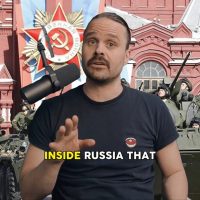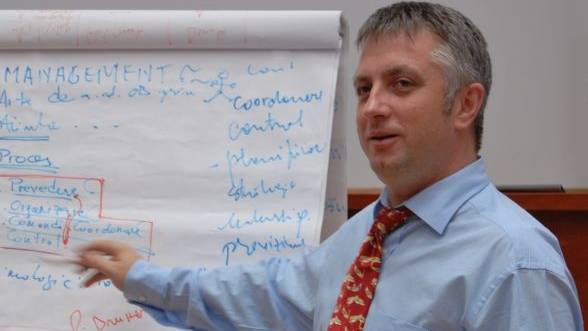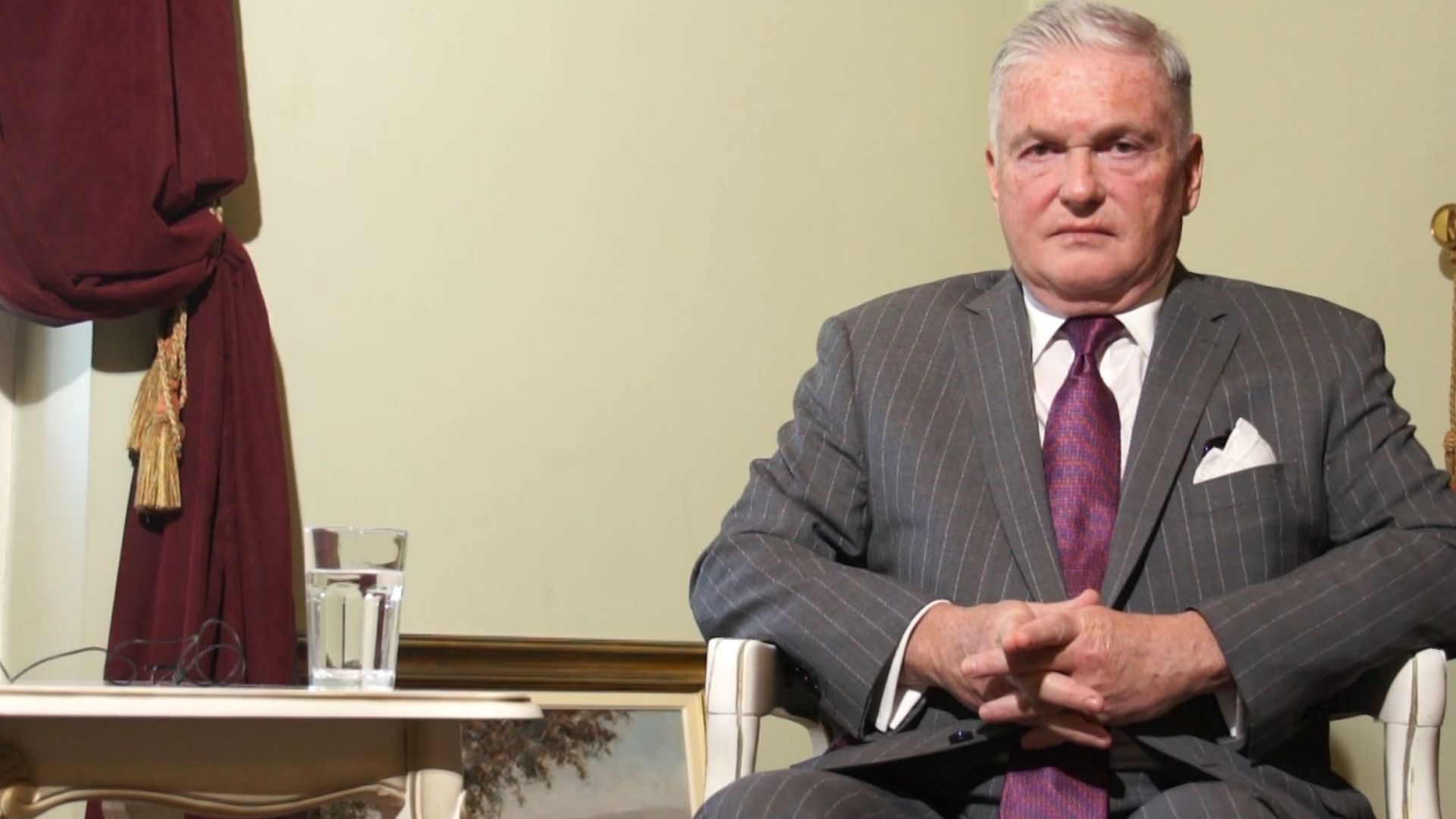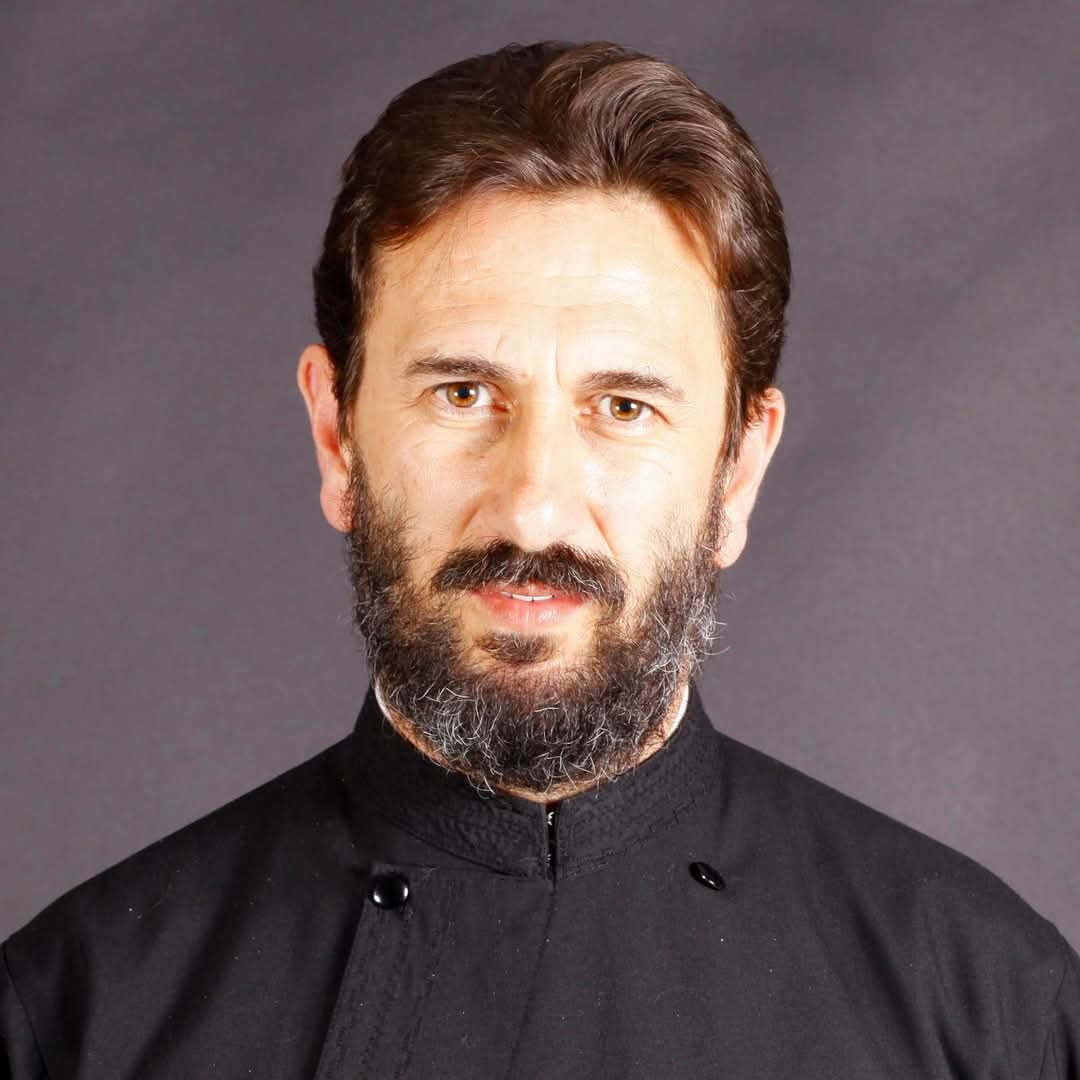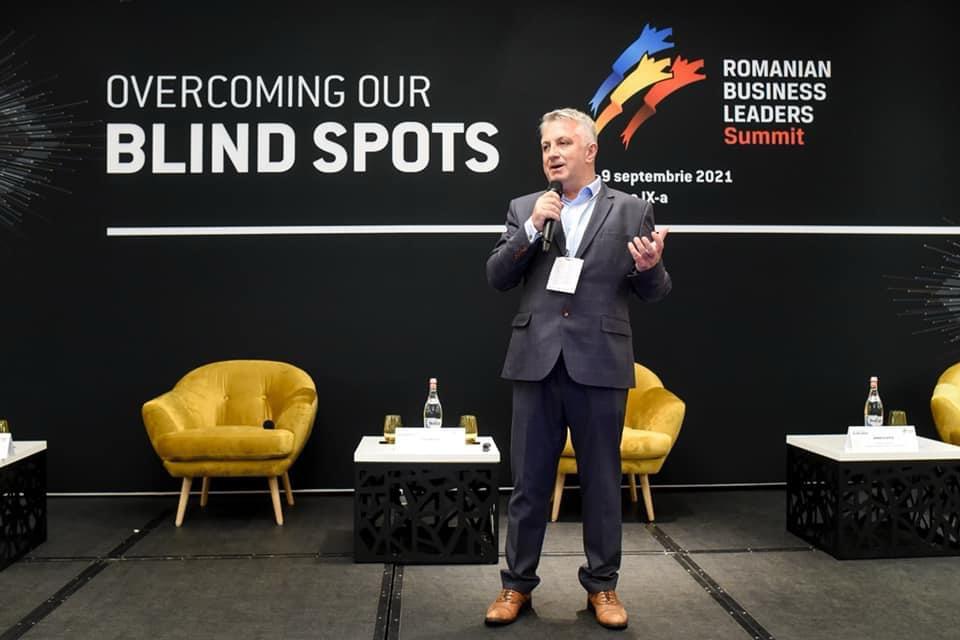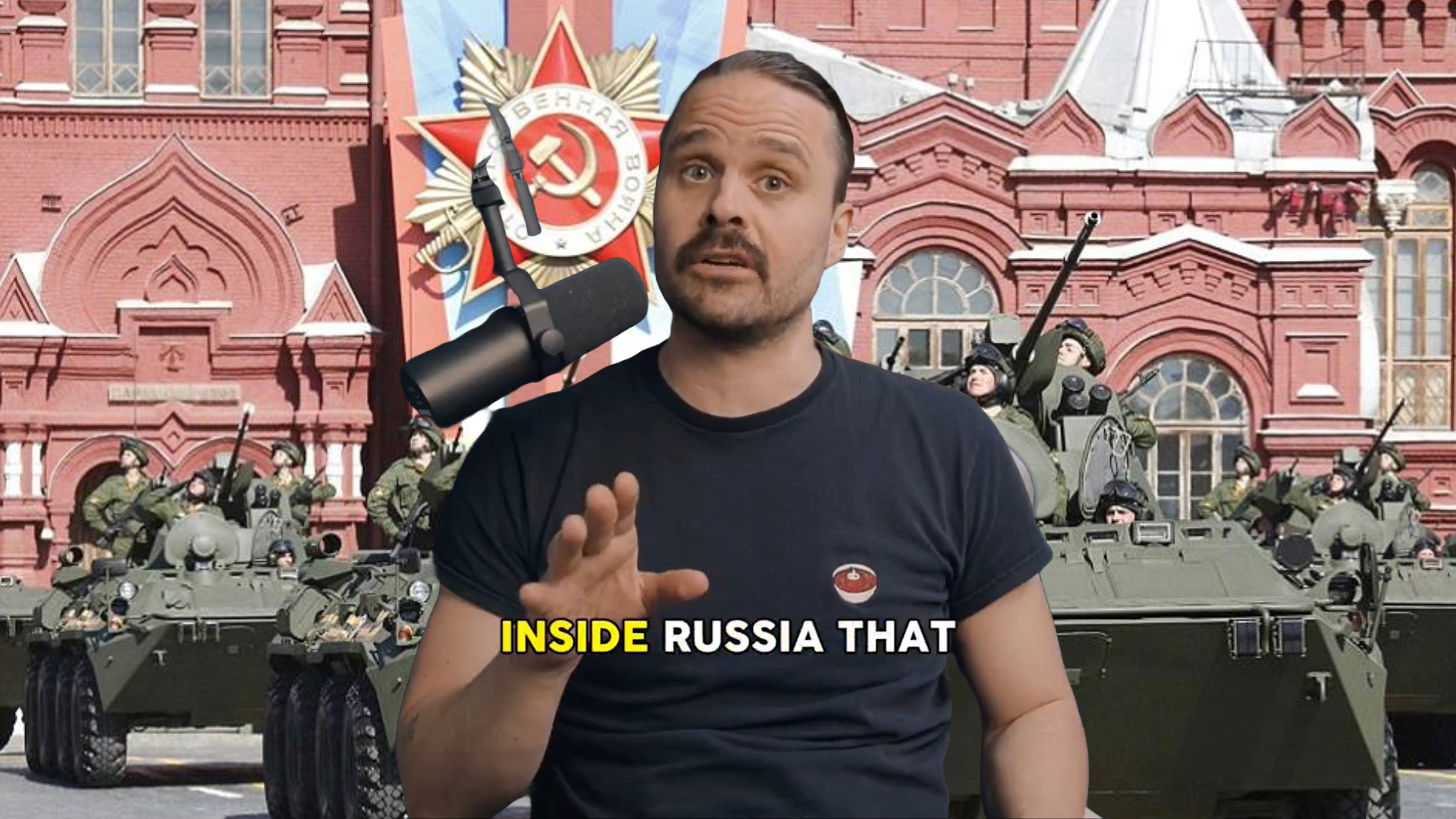03/26/2012 Romanian analyst and writer Anca-Maria Cernea says that Communism wasn’t altogether defeated in her country. What Cernea has to say about Romania can be said for most of the former Communist countries of Europe. There is an ongoing struggle in Eastern Europe and Americans seem oblivious– especially American politicians. A Polish journalist recently wrote to me: “I think many U.S. politicians do not have knowledge about the nature of Bolshevism. They may be historians, strategists or even experts, but it does not mean they understand Russian methods. ”
The Russian methods referred to include (1) control of the political opposition through secret agents; (2) strategic deception and disinformation to mislead and disorient; (3) political violence or the threat of political violence; (4) and monopoly control of the media, big business and the government bureaucracy. Such methods are still used in Eastern Europe, for the benefit of Russia and the former Communist elite. Sadly, the old Communist system was not completely eradicated. There was no trial of Communism, no justice for millions of innocent victims. If you want to understand what happened, read carefully the words of Anca-Maria Cernea. When I asked her if Romania is a free country she replied: “I can’t answer that question by yes or no. I would say Romania is a relatively free country.”
She is thankful, of course, that Romania enjoys more freedom than it had before 1989. “On the other hand,” she added, “I can’t say that we are really free, according to classical Western democratic standards, because our society has too many features of an oligarchic system.” This oligarchic system is partly a continuation of the old system. The democratic, pro-Western forces, she says, “never completely managed (or didn’t try hard enough) to deliver our society from oligarchic and Eastern-leaning influences, like during the terms of President Constantinescu, with the government of the Democratic Convention, and now, under President Băsescu, currently serving his second term, along with the government supported mainly by the PDL [Liberal Democratic Party, center-Right].”
Romania had one of the most repressive Communist regimes in Eastern Europe. The Communist Party and the secret police had almost total control over the population. According to Cernea, “The people who were serving the Communist regime and the almighty political police enjoyed privileged positions, socially and economically; they were connected among themselves through common interests, complicity in very serious crimes and, last but not least, fear of each other, which was meant to prevent any defections from the system. The rest of the Romanian people lived in misery and terror, cut away from the civilized world. Additionally, our society was devastated by the general distrust; everybody suspected their colleagues, neighbors and even family members of collaborating….”
Cernea explained that the Communist elite “were not ready to give up the privileges they had obtained by murder, treason and theft…. On the contrary, they and their offspring became prosperous businessmen, media tycoons and successful politicians. They constituted some kind of a privileged cast, an establishment, enjoying an enormous power, no matter who was officially governing the country.”
This establishment, Cernea says, “is the most important obstacle” keeping the country from being truly free. This establishment, made up of former Communist officials and the children of Communists, “hinders the institutions of the democratic State from functioning properly [and] it is the source of large-scale corruption….” Pro-Western forces, she explained, have always operated at a disadvantage. The post-Communist structures are dominated by the former functionaries of the Communist regime. These former Communists are also a source of what Cernea calls “serious, organized political violence.”
“Politically, we are relatively free, in the sense that we have elections, we have different parties and there is some political competition,” Cernea noted. “But the competition, however real, is far from being fair. And that can be said about other aspects of freedom, like the freedom of the press or the rule of law. To a certain extent, normal Romanian citizens can nowadays make use of their freedom of speech or they can obtain justice in a court of law. However, it is very difficult for a normal citizen to win if his/her interests collide with the interests of the post-Communist establishment.”
No longer exercising totalitarian control over the press, the former Communists nonetheless rule the media. “They own most of the media companies and they don’t hesitate to make use of them according to their convenience,” says Cernea; “they practice character assassination, slander and intimidation campaigns, against anybody who attacks the establishment – currently their target is mostly President Băsescu.” As for the rule of law, most of Romania’s judges were part of the old structures. According to Cernea, “they refuse to enforce the law if it is against the interests of the establishment. There are huge corruption networks involving politicians and judges, for instance as it was revealed recently, in the Voicu-Costiniu case, when a number of such people were arrested or indicted.”
But how could this be? The 1989 Revolution supposedly brought down the Communist system. How could the Communist elite continue to keep control of the country’s key assets? Cernea explained that there was a genuine anti-Communist revolution: “But there was also a coup d’état organized by people of the regime who were taking their orders from Moscow. The Soviets had their agents in the Romanian Communist Party and in Securitate [the secret police]; Ceausescu was aware of their existence, he was keeping them under control, but his position towards the USSR didn’t allow him to eliminate those people.”
Cernea believes the Soviets helped prepare some of the changes in Eastern Europe in 1989, with the following stipulation: “When I say ‘the Soviets were preparing’ I don’t mean that all of the changes that took place in 1989 were 100 percent KGB manipulation. I mean that the Soviets were aware of the failure of their system long before 1989, and were working on projects that would allow them to keep, or even increase their power by changing their appearance through glasnost/perestroika and by giving up certain less important aspects of their control over the region – like Marxist ideology and centralized economy. I think their plans succeeded in great part, but not completely.”
The national security implications of Cernea’s analysis should not be passed over, especially considering the present rulers of Russia, the ongoing modernization of the Russian armed forces, and Russia’s alliance with Iran. One might be tempted to ask if Romania is a reliable NATO partner. According to Cernea, “As long as Băsescu is president of Romania, I am sure there is no doubt about our commitment to the alliance with the U.S. and Israel. On the contrary, as I see the situation now, it’s rather a problem for us and for Băsescu that the United States are less and less interested in Eastern Europe and that we can’t count on our American allies to protect us against the Russians. It’s rather you Americans that will decide if Romania will stay in the Free World or will be taken back under Russian domination – if let’s say Băsescu has an accident, or is removed from power by some other means.”
Is Cernea suggesting that Russia could retake Romania? “Romanian people are traditionally hostile to Russians,” she explained. “This is a thing deeply rooted in our culture and mentalities and it’s much older than Communism. The Communist experience has only strengthened this hostility to an unprecedented degree. Iliescu himself had to disguise his attachment to Russia, however difficult it was for him to do so.” It is not a question of the Romanian people going over to Russia. It is a question of whether the Romanian people can retain their freedom under an oligarchy that doesn’t believe in rule of law, and secretly supports Moscow.
“In my opinion,” Cernea concluded, “NATO is indeed undermined, by many things. The fact that former Communist countries, with their former Communist armies and secret services are now members of NATO is just one of the risks; it’s a real risk, but it’s not the most important, and it can be dealt with – and should be, of course. But the Western armies and secret services are probably infiltrated too. The most serious problem is not even that; it’s the fact that NATO seems to have no real political will, no realistic plan, no effective decision-making, no leadership. NATO looks more and more like OSCE, or the UN; it is just another place for debate, similar to so many other international organizations. It doesn’t act like a military alliance, committed to defend its values against real, clearly defined enemies.”
Cernea is correct, and there is more that could be said. The West has lost its way. We no longer properly identify our enemies. We no longer prepare for war with Russia – our main enemy. It seems that America’s armaments exist only to deal with weak threats – like the Taliban, Iran or North Korea. A large and powerful foe, like Russia, cannot be spoken of as a threat. Such an admission would be a scandal. We seek amelioration and peace at every turn. America’s policy is a strange combination of appeasement and presumption. Sad to say, everything may be lost if we ignore words of warning from those who are fighting against Russian tyranny – in Romania, Poland, Ukraine, and other countries.
Communism is not dead. We only have to look at American politics to see this.
source: financialsense.com



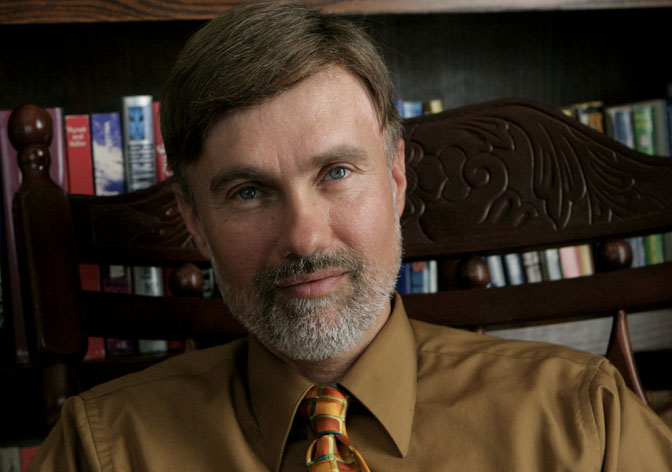



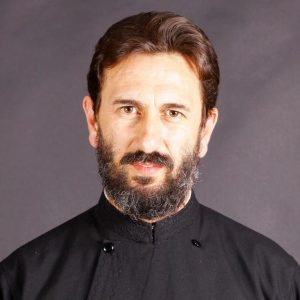
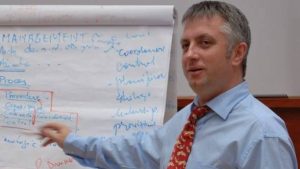

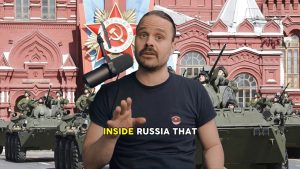
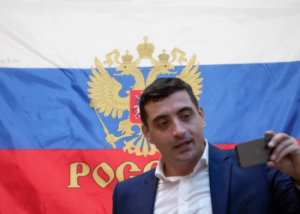
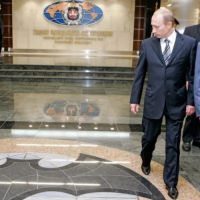
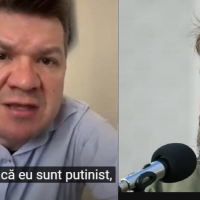
![marius-bostan-foto[1] marius-bostan-foto[1]](https://inliniedreapta.net/wp-content/uploads/elementor/thumbs/marius-bostan-foto1-qt9ywoo2b2lgv37b76h9qr5yo6db5vwzoxbuvd4e6o.jpg)

